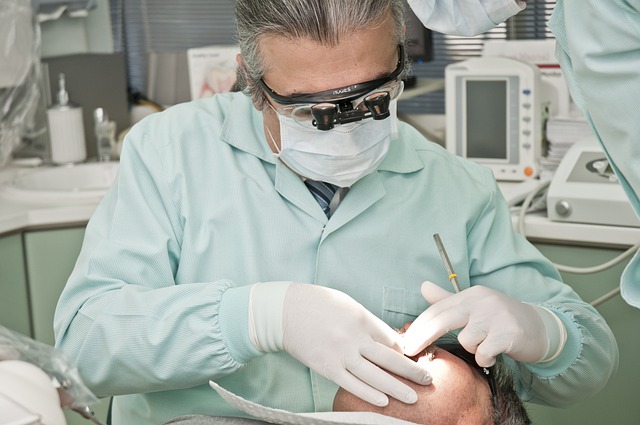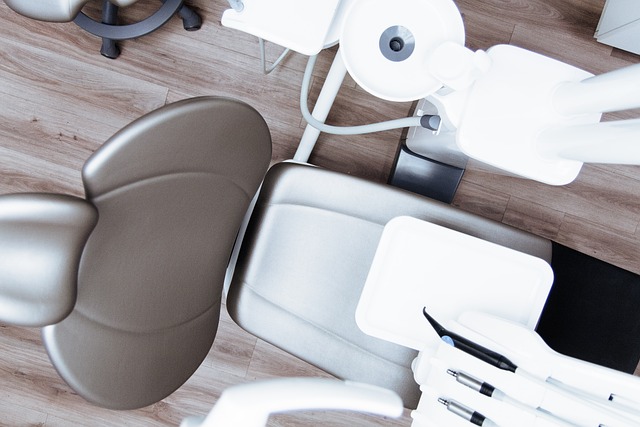Partial Denture vs. Bridge: Understanding the Key Differences
By ACDC Dental
When it comes to replacing missing teeth, two common options are partial dentures and bridges. Understanding the differences between the two is crucial in making an informed decision. This article explores the key distinctions in terms of functionality, durability, cost, and maintenance, helping patients choose the right solution for their dental needs.




























